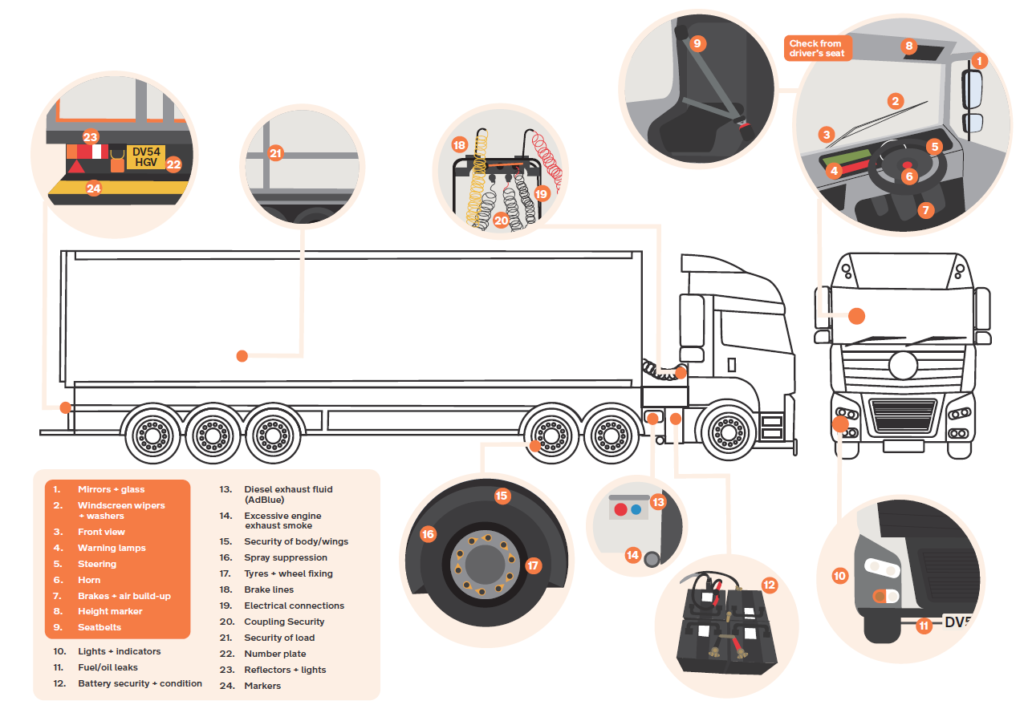You should never operate a vehicle in an unsafe condition. You should adopt a risk-based approach appropriate for your business.
Maintenance intervals can exceptionally and in limited situations, be extended in line with the principles set out below. These principles only apply to standard licence holders (in any sector) or to restricted licence holders carrying out essential transport services.
These sectors include those involved in the delivery of food, non-food (personal care and household paper and cleaning), door to door refuse collection and disposal services, health services and over the counter pharmaceuticals, fuel or essential utility services (water, gas, electricity, telecommunications, road maintenance, etc) where their normal maintenance arrangements are affected by Covid-19.
If you are the holder of a restricted licence and do not operate in the sectors mentioned above, you should continue to abide by the intervals that you stated on your application to the traffic commissioner.
Where the concession is used, robust daily driver checks and effective use of vehicle monitoring systems are even more important.
The principles are as follows:
- PMI intervals can be extended by up to 50% with a maximum of 17 weeks, whichever comes first, if it’s not possible to obtain the PMI under the normal inspection arrangements. This needs to take in to account whether any monitored defects were reported on the previous safety inspection.
- You should always ensure that vehicles are roadworthy at all times and follow the overall advice provided by the Guide to Maintaining Roadworthiness.
To check whether you are eligible for these measures, and for the specific rules you need to adhere to, please refer to the below link for further information: https://www.gov.uk/search/guidance-and-regulation?parent=%2Ftransport%2Fprofessional-driving-of-lorries-buses-and-coaches&topic=b4e41212-77b8-44ba-8fb5-6aa479b20d36&order=updated-newest
These legislative measures are subject to change periodically.
Please ensure you refer to the above link, or speak to your local traffic commissioner to keep up–to-date with any changes which may affect your fleet.

